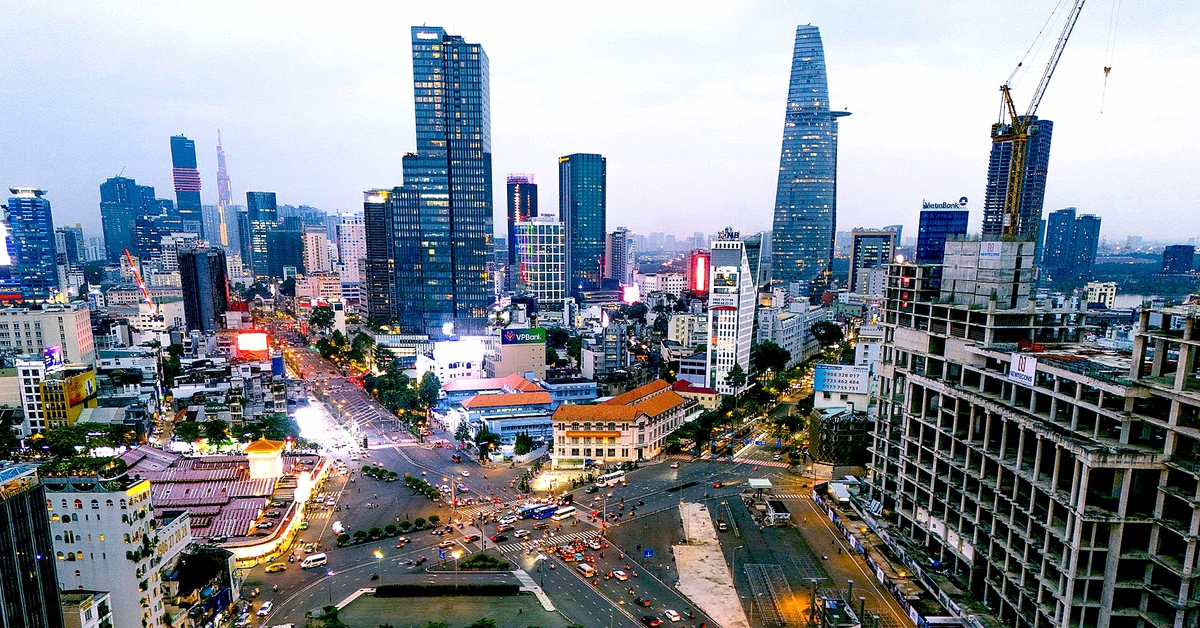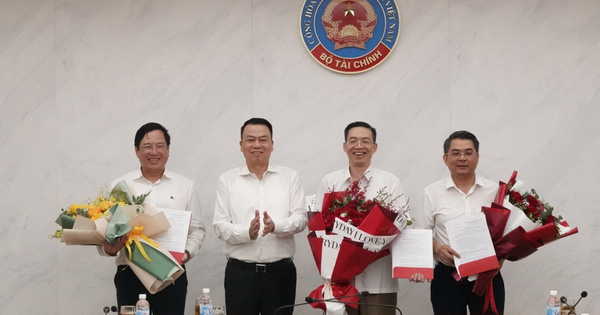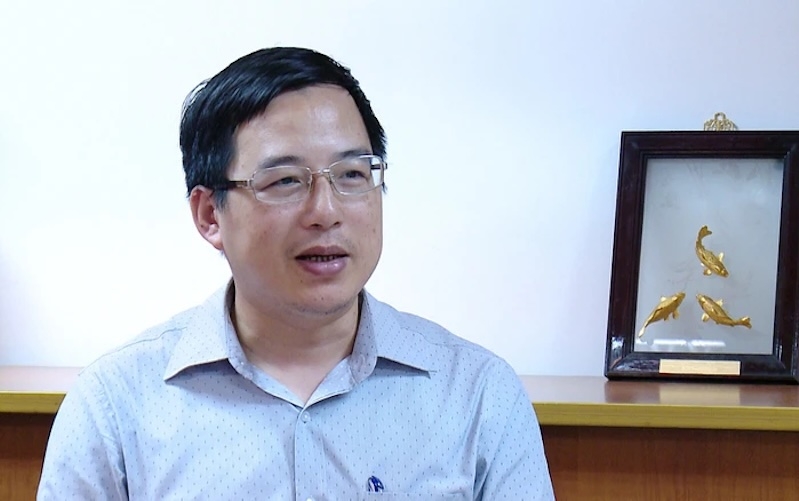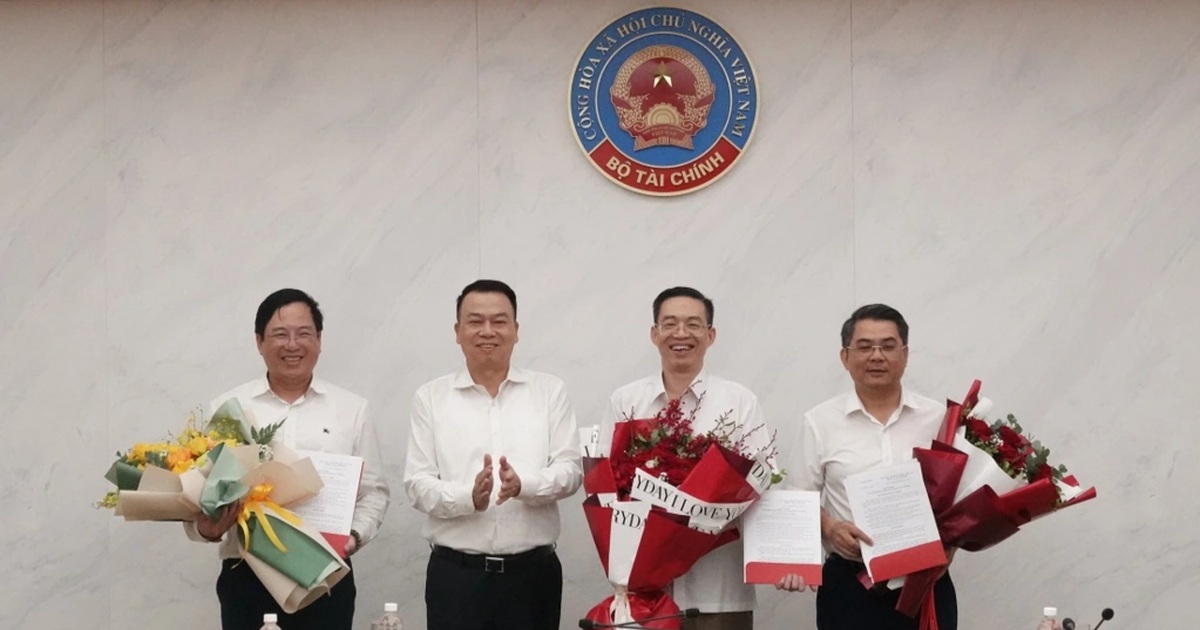HCM City: Toward Becoming Vietnam's Financial 'Silicon Valley'

Ho Chi Minh City (TP.HCM) possesses immense potential to transform into a leading financial hub, drawing comparisons to Silicon Valley. This ambitious goal requires a strategic focus on developing specialized financial services and cultivating a thriving ecosystem of innovation, investment, and talent. This article explores the key steps and considerations necessary for TP.HCM to achieve this vision and solidify its position on the global financial map.
The Opportunity: Why TP.HCM?
Several factors position TP.HCM favorably for financial sector growth. Its dynamic economy, large and increasingly affluent population, and strategic location as a gateway to Southeast Asia create a fertile ground for financial innovation. Furthermore, Vietnam's burgeoning middle class demands a wider range of financial products and services, from investment opportunities to sophisticated insurance solutions. The government's commitment to economic liberalization and attracting foreign investment further strengthens this potential.
Key Areas for Development: Specialized Services
To truly emulate Silicon Valley, TP.HCM shouldn’t aim to be a general financial center. Instead, focusing on niche areas where it can excel is crucial. Here are some promising avenues:
- Fintech Innovation: Vietnam’s high mobile penetration rate and young, tech-savvy population create a prime environment for fintech startups. Areas like digital payments, lending platforms, and blockchain-based solutions hold significant promise. Government support for regulatory sandboxes and incubator programs will be vital.
- Asset Management & Private Equity: As wealth grows in Vietnam, demand for professional asset management services and private equity investments will increase. TP.HCM can position itself as a hub for managing and deploying capital effectively.
- Sustainable Finance: With growing global emphasis on environmental, social, and governance (ESG) factors, TP.HCM can establish itself as a leader in sustainable finance, attracting investment in green projects and promoting responsible business practices.
- Insurance Technology (Insurtech): The insurance sector in Vietnam is still developing. Insurtech solutions can address gaps in coverage, improve efficiency, and enhance customer experience.
Building the Ecosystem: More Than Just Finance
Creating a financial 'Silicon Valley' requires more than just strong financial institutions. A robust ecosystem is essential, encompassing:
- Talent Pool: Investing in education and training programs to develop a skilled workforce in finance, technology, and data science is paramount. Attracting and retaining top talent from around the world will also be necessary.
- Venture Capital & Angel Investors: A vibrant venture capital ecosystem is crucial for funding startups and driving innovation. Government incentives and tax breaks can encourage investment.
- Regulatory Framework: A clear, predictable, and supportive regulatory environment is essential for attracting investment and fostering innovation. The government should strive to balance regulation with flexibility.
- Infrastructure: Reliable internet connectivity, modern office spaces, and supportive business services are all necessary for a thriving financial hub.
Challenges and Opportunities
The path to becoming a financial 'Silicon Valley' is not without challenges. Competition from established financial centers in Asia, regulatory hurdles, and the need for significant investment all pose obstacles. However, with a clear vision, strategic planning, and a commitment to innovation, TP.HCM can overcome these challenges and capitalize on the immense opportunities before it. The potential rewards – economic growth, job creation, and enhanced global standing – are well worth the effort. By embracing technology, fostering collaboration, and nurturing talent, TP.HCM can solidify its position as a dynamic and innovative financial hub in Southeast Asia.






